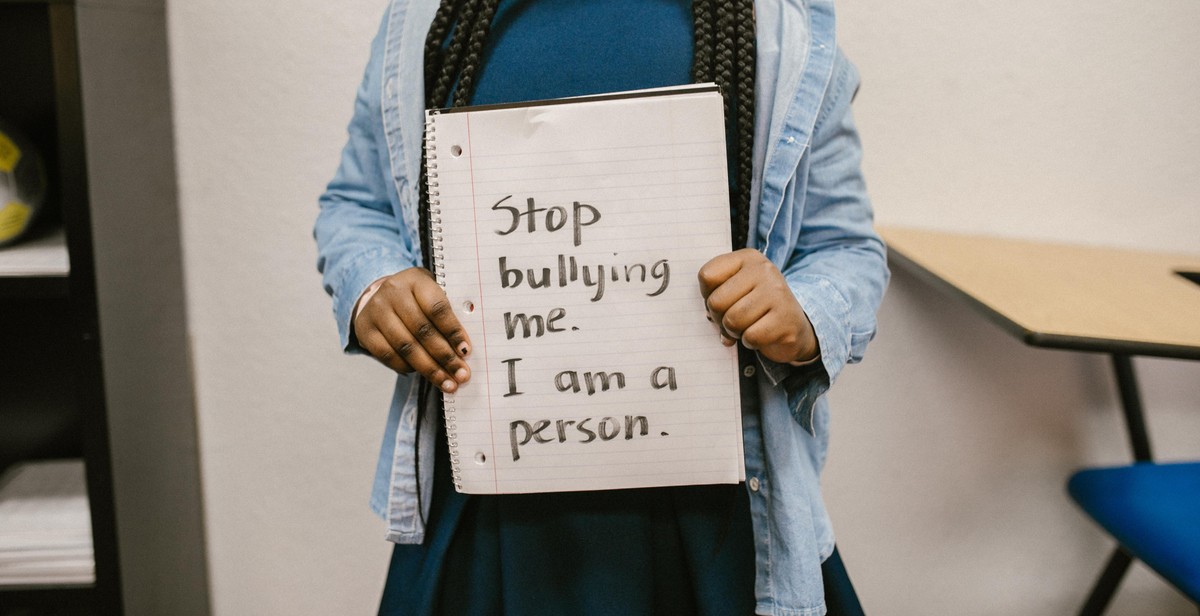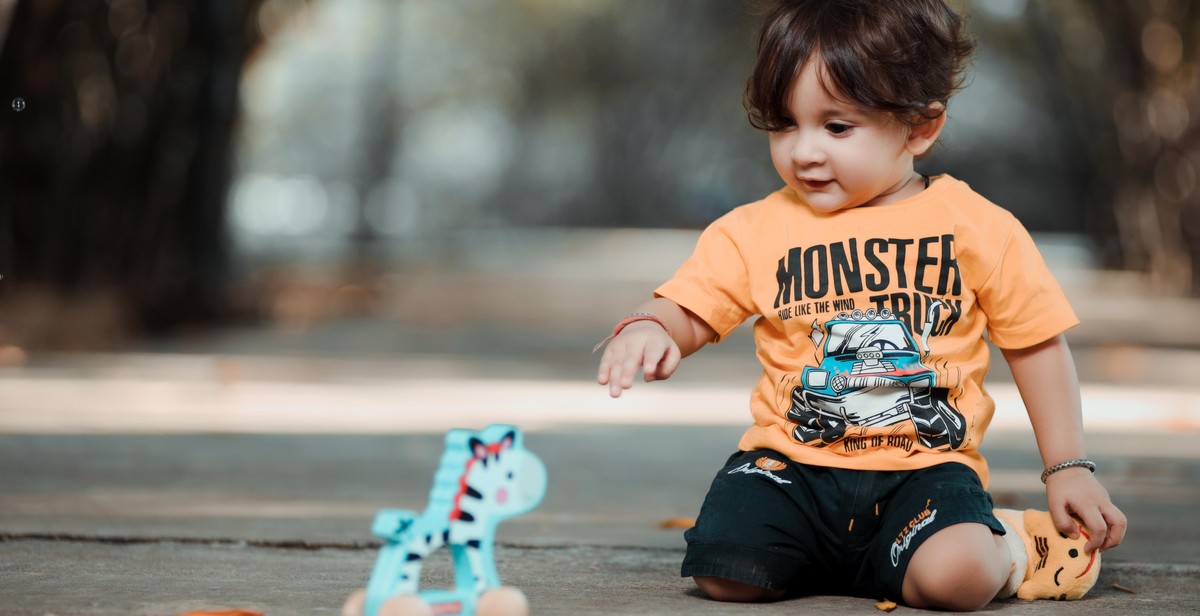The Impact of Childhood Bullying on Adult Mental Health
Childhood bullying is a serious issue that can have long-lasting effects on a person’s mental health. As a professional article writer and content creator with many years of experience, I have seen firsthand the devastating effects of bullying on individuals and communities. In this article, I will explore the impact of childhood bullying on adult mental health and discuss ways to prevent and cope with the negative consequences.
The Scope of the Problem
Bullying is a widespread problem that affects millions of children and adolescents every year. According to the National Center for Education Statistics, more than one in five students report being bullied at school. The effects of bullying can be devastating, leading to depression, anxiety, and even suicide.
The Long-Term Effects
Research shows that the effects of childhood bullying can last well into adulthood. Adults who were bullied as children are more likely to experience depression, anxiety, and other mental health issues. They may also have difficulty forming and maintaining relationships, and may struggle with low self-esteem and confidence.
In this article, I will explore the various ways in which childhood bullying can impact adult mental health, and provide tips and strategies for coping with these effects.

Defining Childhood Bullying
Childhood bullying is a form of aggressive behavior that is repeated over time and involves a power imbalance between the bully and the victim. It can take many forms, including physical, verbal, and psychological abuse.
Types of Childhood Bullying
Physical bullying: This type of bullying involves physical aggression such as hitting, pushing, tripping, or damaging someone’s property. It is the most visible form of bullying and often leaves physical marks on the victim.
Verbal bullying: This type of bullying involves the use of words to hurt, intimidate, or belittle someone. It can take the form of name-calling, teasing, insulting, or spreading rumors about someone.
Psychological bullying: This type of bullying involves the use of tactics to manipulate, isolate, or control someone. It can take the form of social exclusion, threatening behavior, or blackmail.
Cyberbullying: This type of bullying involves the use of technology to harass, intimidate, or embarrass someone. It can take the form of sending threatening messages, spreading rumors online, or sharing embarrassing photos or videos.
| Type | Description |
|---|---|
| Physical bullying | Involves physical aggression such as hitting, pushing, tripping, or damaging someone’s property. |
| Verbal bullying | Involves the use of words to hurt, intimidate, or belittle someone. It can take the form of name-calling, teasing, insulting, or spreading rumors about someone. |
| Psychological bullying | Involves the use of tactics to manipulate, isolate, or control someone. It can take the form of social exclusion, threatening behavior, or blackmail. |
| Cyberbullying | Involves the use of technology to harass, intimidate, or embarrass someone. It can take the form of sending threatening messages, spreading rumors online, or sharing embarrassing photos or videos. |
Bullying can have a significant impact on the mental health and well-being of the victim, and it is important to recognize the signs and take action to prevent it from happening.

The Prevalence of Childhood Bullying
Bullying is a prevalent issue in our society, especially among children. According to the National Center for Education Statistics, approximately 20% of students between the ages of 12 and 18 experience bullying. This means that one in five children is a victim of bullying.
Type of Bullying
There are different types of bullying, including physical, verbal, and social bullying. Physical bullying involves physical aggression, such as hitting or pushing. Verbal bullying, on the other hand, involves the use of words to hurt or humiliate the victim, while social bullying involves excluding the victim from a group or spreading rumors.
Gender and Bullying
Gender also plays a role in bullying. Research shows that boys are more likely to engage in physical bullying, while girls are more likely to engage in verbal and social bullying.
Impact on Mental Health
The impact of bullying on mental health can be severe and long-lasting. Victims of bullying are more likely to experience anxiety, depression, and low self-esteem. They may also have difficulty forming relationships and may struggle with trust issues later in life.
Conclusion
The prevalence of childhood bullying is alarming, and its impact on mental health cannot be overlooked. It is essential to raise awareness and take action to prevent and address bullying in our schools and communities.

The Impact of Childhood Bullying on Mental Health
Childhood bullying can have both short-term and long-term effects on mental health. The short-term effects include anxiety, depression, and low self-esteem. Children who are bullied may experience difficulty sleeping, have nightmares, and feel tired during the day. They may also experience physical symptoms such as headaches and stomachaches.
Short-Term Effects
- Anxiety
- Depression
- Low self-esteem
- Difficulty sleeping
- Nightmares
- Fatigue
- Headaches
- Stomachaches
These short-term effects can have a significant impact on a child’s daily life and can affect their academic performance and relationships with others.
Long-Term Effects
The long-term effects of childhood bullying can be even more severe. Studies have shown that individuals who were bullied as children are at a higher risk for developing mental health conditions such as anxiety disorders, depression, post-traumatic stress disorder (PTSD), and even suicidal ideation.
Specific Mental Health Conditions
| Mental Health Condition | Risk for Individuals Who Were Bullied as Children |
|---|---|
| Anxiety disorders | 2-3 times higher |
| Depression | 4-5 times higher |
| PTSD | 3-4 times higher |
| Suicidal ideation | 2-3 times higher |
It is important to address childhood bullying and its impact on mental health to prevent long-term consequences. Parents, educators, and mental health professionals can work together to provide support and resources for children who have been bullied and to create a safe and inclusive environment for all children.

Factors That Influence the Impact of Childhood Bullying
Childhood bullying can have a profound impact on mental health and well-being in adulthood. However, the severity and duration of bullying are not the only factors that influence its impact. Other factors, such as support systems, gender, and other identities, also play a significant role.
Severity and Duration of Bullying
The severity and duration of bullying are two of the most significant factors that determine its impact on mental health. Studies have shown that individuals who experience severe and prolonged bullying are more likely to suffer from depression, anxiety, and other mental health issues in adulthood.
Support Systems
Having a strong support system can help mitigate the negative effects of childhood bullying. Support systems can include family members, friends, teachers, and mental health professionals. Research has shown that individuals who have supportive relationships are more resilient and better equipped to cope with the effects of bullying.
Gender and Other Identities
Gender and other identities, such as race and sexual orientation, can also influence the impact of childhood bullying. Studies have shown that individuals who identify as LGBTQ+ are more likely to experience bullying and suffer from mental health issues as a result. Additionally, women may experience different types of bullying than men, such as relational aggression, which can have long-lasting effects on mental health.
| Factors | Impact on Mental Health |
|---|---|
| Severity and Duration of Bullying | Higher risk of depression, anxiety, and other mental health issues |
| Support Systems | Can mitigate negative effects of bullying |
| Gender and Other Identities | Can influence the type and severity of bullying and its impact on mental health |

Preventing Childhood Bullying
Bullying is a serious issue that affects millions of children every year. It is important to take steps to prevent bullying in order to protect children from the long-term effects it can have on their mental health. Here are some strategies for preventing childhood bullying:
Education and Awareness
One of the most effective ways to prevent bullying is through education and awareness. Parents, teachers, and other adults in a child’s life should be educated on the signs of bullying and how to intervene. Children should also be taught about bullying and its negative effects. This can be done through classroom lessons, assemblies, and other educational programs.
Support Systems
Children who are bullied need support from their friends, family, and other adults in their lives. It is important to create a supportive environment where children feel comfortable talking about their experiences. Parents and teachers should also work together to create a supportive school environment where bullying is not tolerated.
Intervention
If bullying does occur, it is important to intervene as soon as possible. This can be done by talking to the child who is being bullied, the child who is doing the bullying, and any witnesses. Parents and teachers should also work together to create consequences for bullying behavior and to provide support for the child who is being bullied.
| Preventing Childhood Bullying | Strategies |
|---|---|
| Education and Awareness | Teach children and adults about bullying and its negative effects |
| Support Systems | Create a supportive environment for children who are bullied |
| Intervention | Intervene as soon as possible and provide consequences for bullying behavior |

Conclusion
Childhood bullying has a profound impact on the mental health of adults. It can lead to the development of anxiety, depression, and other mental health disorders that can have lifelong consequences. The effects of bullying can be long-lasting and can manifest in a variety of ways. Victims of bullying may struggle with low self-esteem, trust issues, and difficulty forming healthy relationships.
It is important for parents, educators, and mental health professionals to recognize the signs of bullying and to take steps to intervene early. Children who are bullied need support and resources to help them cope with the emotional and psychological effects of bullying. This can include therapy, counseling, and other forms of support.
As adults, it is important to recognize the ways in which childhood bullying may still be impacting our lives. Seeking therapy or counseling can be an important step in healing from the effects of bullying and developing healthy coping mechanisms.
By raising awareness about the impact of childhood bullying on adult mental health, we can begin to address this issue and work towards creating a safer and more supportive environment for all children.
| Resources | Contact Information |
|---|---|
| National Suicide Prevention Lifeline | 1-800-273-TALK (1-800-273-8255) |
| StopBullying.gov | 1-800-273-TALK (1-800-273-8255) |
| National Alliance on Mental Illness (NAMI) | 1-800-950-NAMI (1-800-950-6264) |
Remember, it is never too late to seek help and support. By taking steps to address the effects of childhood bullying, we can improve our mental health and overall well-being.
